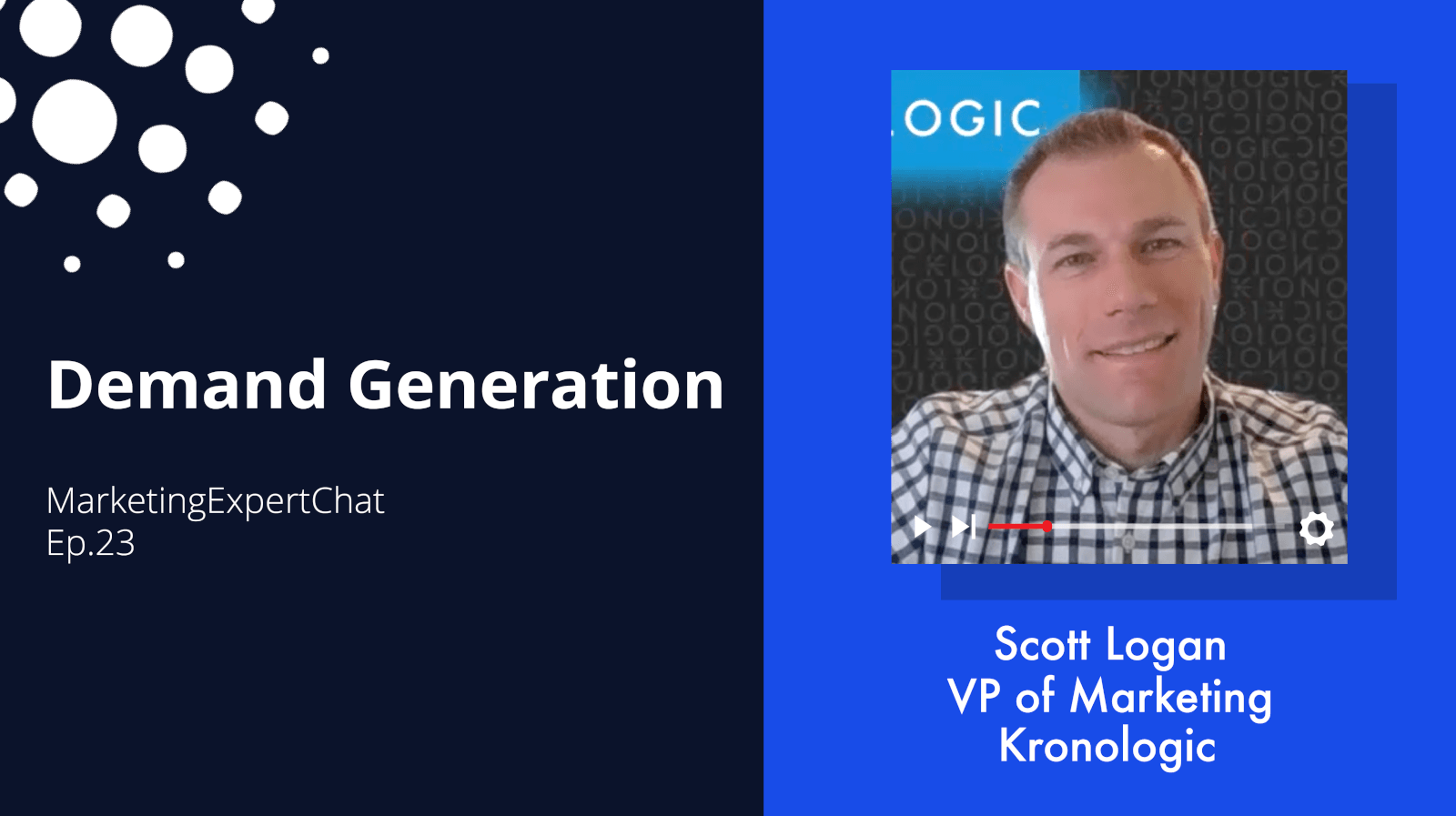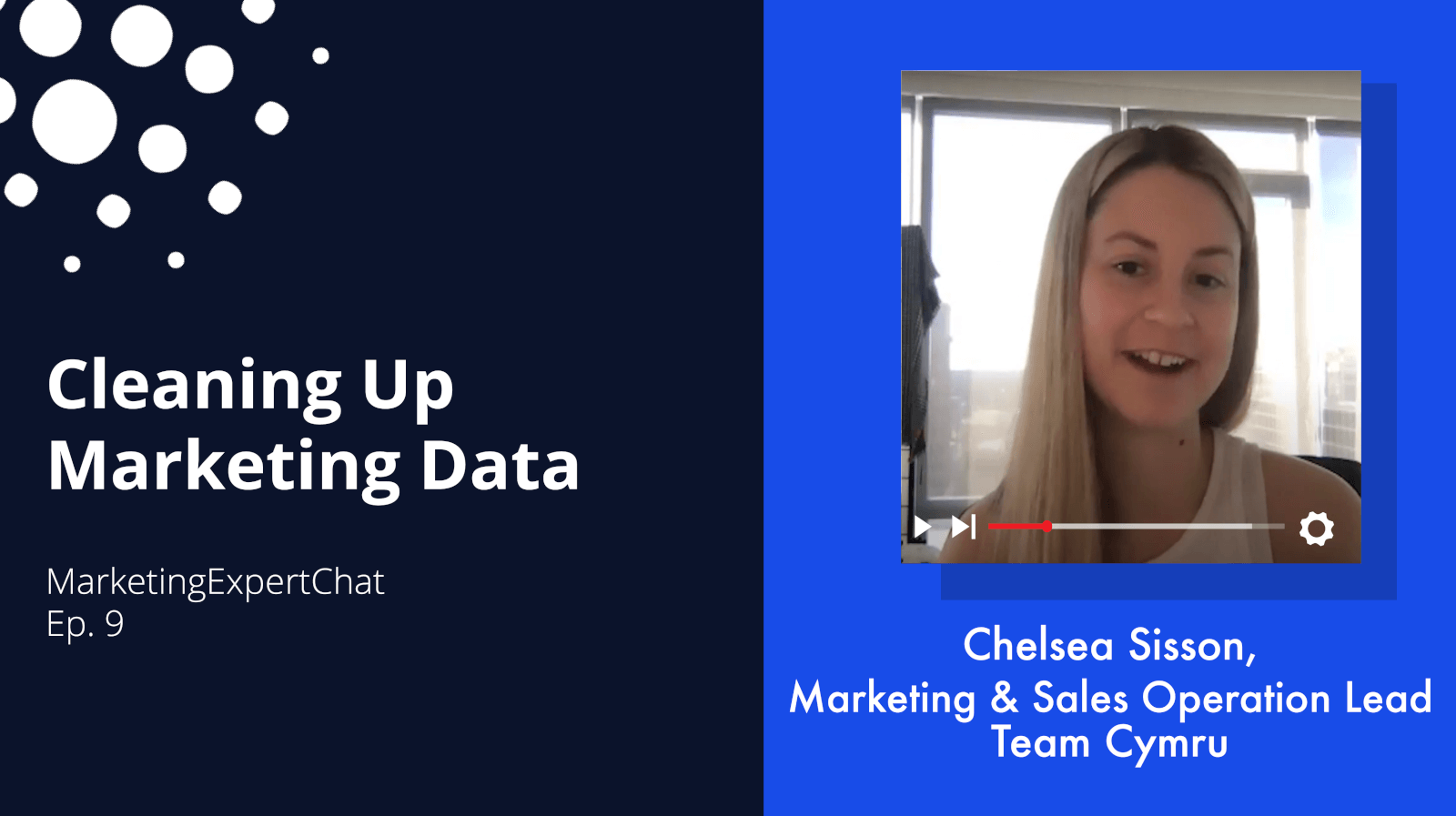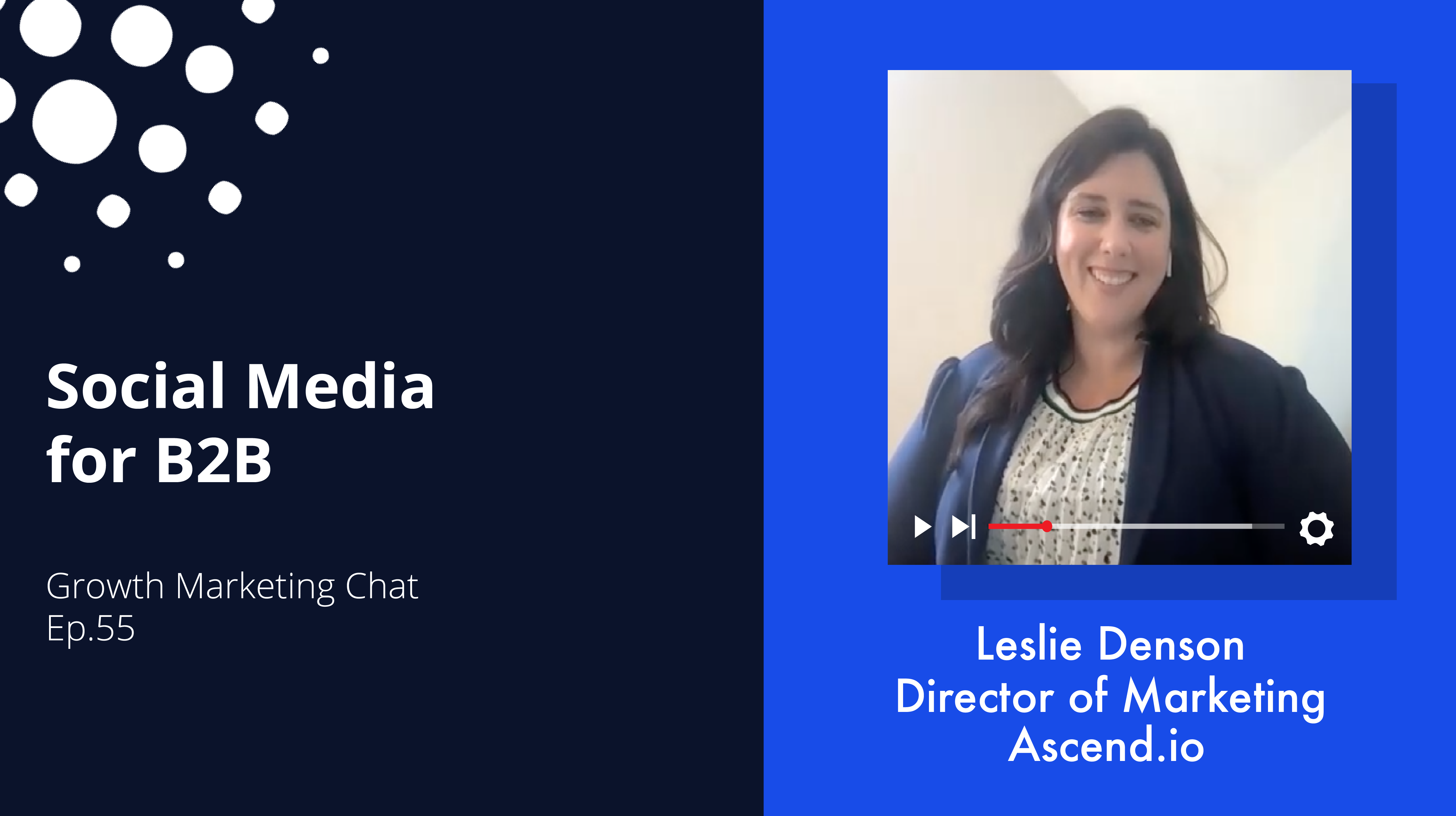We’re here to tell you that Demand Gen Forecasting with no benchmark data is not impossible.
It can even be fun! That’s right, we said it.
But as a demand generation agency, we do acknowledge the challenges that come with it. You’re asked to outline how many leads, MQLs, SQLs and opportunities you’ll need each month. You’re expected to predict how many of these leads, MQLs, etc. will become deals each quarter. So, without existing marketing and sales data to work with to craft these hypotheses, where do you start?
Furthermore, how can you make sure everyone on your team is on the same page with the numbers you present?
Where to Start with Demand Gen Forecasting
Gabriel Gervelis, Director of Sales & Marketing at Evocalize, walks us through the ins and outs of demand gen forecasting based on limited data and the aspects that he finds most rewarding.
Check out the video to hear him talk about:
-
Setting goals
-
Working backwards from these goals to calculate your forecasts
-
Aligning all teams on objectives and efforts
-
Revising hypotheses based on new data
It’s only 5 minutes! Tune in now and start implementing Gabriel’s actionable tips for your demand generation strategy.
Video Transcript:
CAROLINE: Hi. Today I’m here with Gabriel Gervelis. Gabriel is the Director of Marketing at Evocalize. He’s a really super cool marketer with lots of experience. And so, Gabriel, thank you so much for being with me today.
GABRIEL: Caroline, it’s great to be here, thanks for having me.
CAROLINE: Yeah, so today we are going to talk about demand gen forecasting, which is really important, but yet can be challenging when you’re working at a small company and you don’t have a lot of benchmark data to work with. So, how would you recommend marketers approach demand forecasting, demand gen forecasting, especially if they don’t have a lot of benchmarking data?
GABRIEL: I think demand gen forecasting, before diving in, is like the thing that nobody wants to talk about, but it’s often like the funnest thing that you can do, because you’re not spending real money in channels yet. You’re still like, in the planning phase. And from my experience, I’ve seen that my executive teams or my CEOs, they always want to know how we’re measuring up against our goals and what kind of goals are we going to achieve. And it’s very hard to set those goals if you don’t have benchmark data.
And so, in the past, what we’ve done is worked with our finance team to first understand how many deals that we closed. So, like, Evocalize for example is an enterprise B2B company. And so, we have an identified number of how many deals we’re going to close on a quarterly basis. And we also have an understanding of what our sales cycle is. It’s about a six-month sales cycle, by the time a lead comes in and from, to the time that something closes. And so, once you kind of have those two data points together, what I do is reverse engineer our funnel.
So, if we take a look at a lead to MQL to SQL to opportunities, stage by stage conversion rates, once you can create a hypothesis to say something like, 5% of all my leads are going to turn into MQLs. And then all of my MQLs, you know, 10% of those will turn into SQLs and have a salesperson on the phone. And then you can forecast or just estimate what these percentage points are. And you can start to reverse engineer your sales funnel based on those metrics. So, if I know I need five new deals, Q1 2021, based on a six-month sales cycle, that means in June 2020, I will need X amount of leads, X amount of MQLs, and X amount of SQLs in order to generate demand. And everything’s a hypothesis, right? So, you’re just testing from that point on, to execute your strategies to see what moves the needle. And you can use those benchmarks to report back to your executive teams. I keep going like this because I’m petting my dog.
CAROLINE: Oh!
GABRIEL: The dog just came up right when we started the interview. So, the fun lives of COVID, I guess.
CAROLINE: What type of dog do you have?
GABRIEL: Well, we’re Rover sitters, it’s a golden retriever. And so, we’re babysitting, dog-sitting, for about a week.
CAROLINE: Oh, nice, adorable. Yeah, so to go back to forecasting, which is much less cute than dogs.
GABRIEL: I beg to differ, I think forecasting is great. But okay.
CAROLINE: But forecasting is good. It’s really useful, because you do want to have this benchmark and you do want to have this hypothesis to understand how you’re doing. I think an interesting part of the process when you’re forecasting, especially when you’re early stage and your forecast might be wrong, you know, because at any point in your funnel, one of your hypotheses might be wrong. And so that affects your entire funnel. I think an important part of the process is probably to reassess this hypothesis and kind of really include everybody that is a stakeholder in reevaluating your forecast, right, and making sure that we agree on our new hypothesis together.
GABRIEL: Yeah, when people can come around shared goals, I believe that’s what leadership is, right? And how everybody becomes on the same page. But you’re right, there’s a lot of hypotheses that aren’t right. You know, I feel like in the very beginning we’re overly ambitious and we feel like we’re going to send out 200 emails, and 20 of them are going to respond back and give meetings and then you try it, and only one person, if any, responded to an email, right? So, it’s always understanding the strategies that you’re executing, and also the budgets that you have to make sure that your goals are realistic about what your resources are in front of you.
CAROLINE: Right, yeah, that’s extremely important. I remember the first time I did forecasting, which was my very first job, and I did forecasting. Didn’t go well. Because I didn’t have this, I think I didn’t have this perspective and really understanding how was my budget affecting my forecasting, and how to readjust expectations and making sure that everybody was on the same page. So, yeah, I think it’s pretty good advice here, to make sure you set realistic expectations, right, goals you can achieve.
GABRIEL: If you don’t have a plan, it’s hard to get anywhere.
CAROLINE: Exactly, exactly. Alright, well, Gabriel, thank you so much for spending time here today, and sharing your approach to forecasting. It was good to have you here.
GABRIEL: Thank you.






